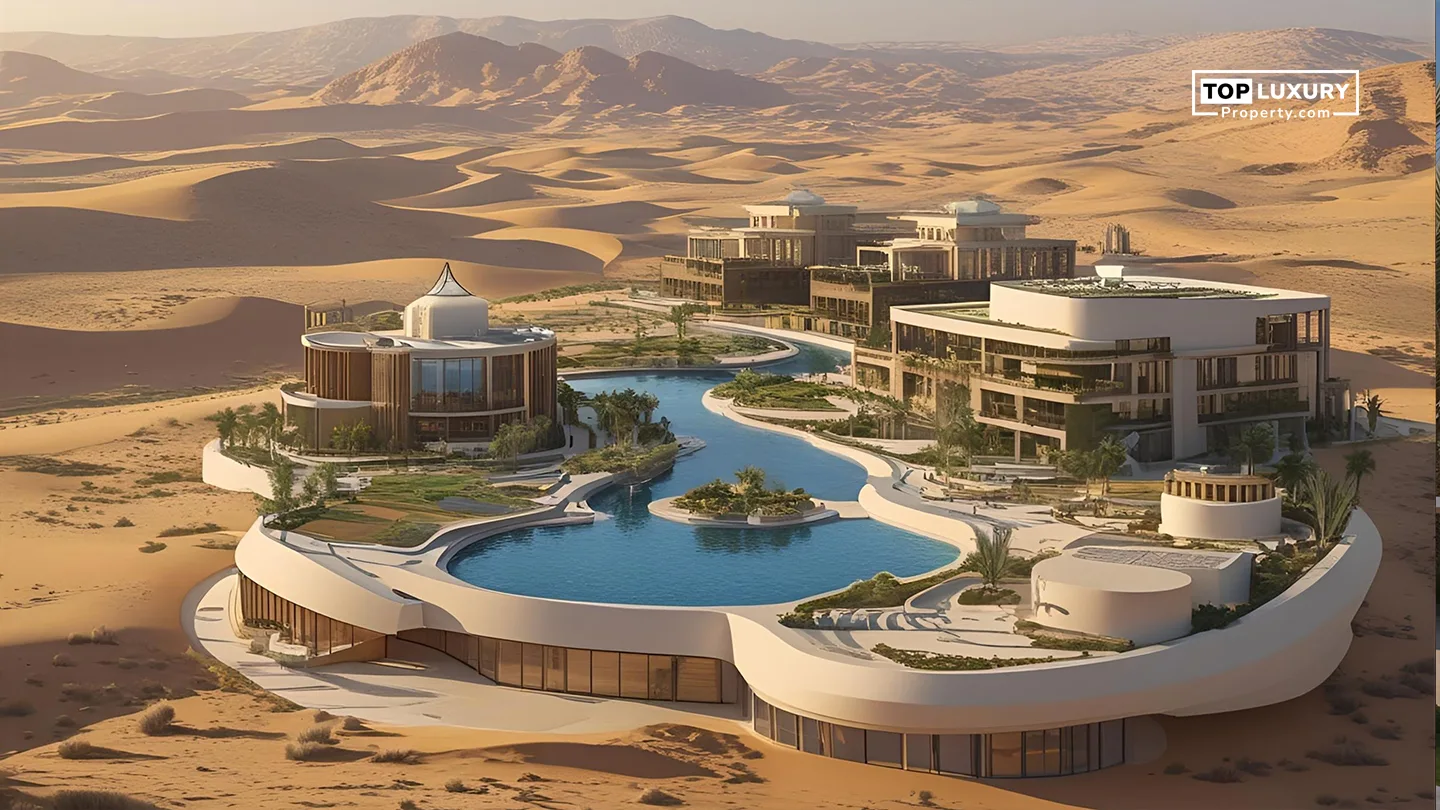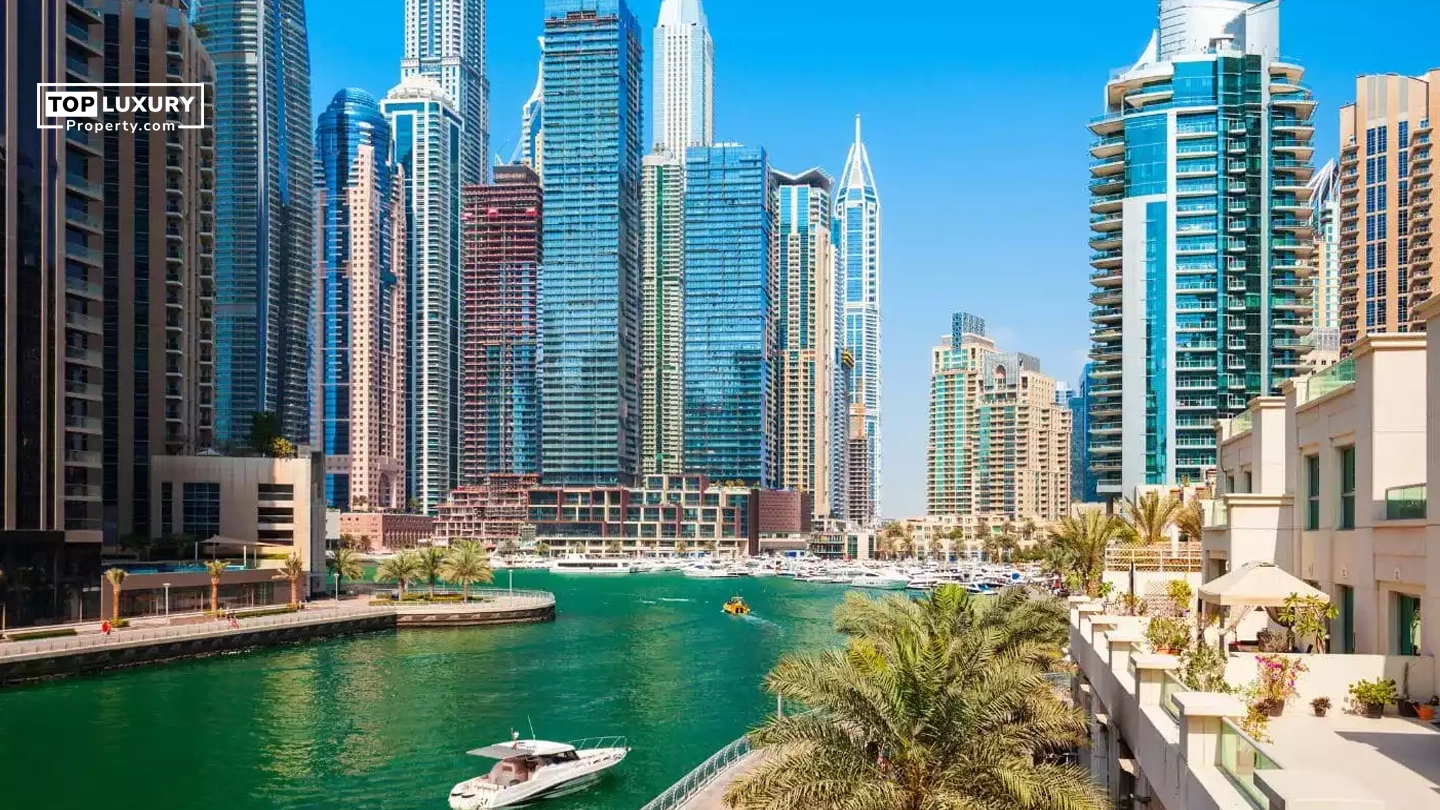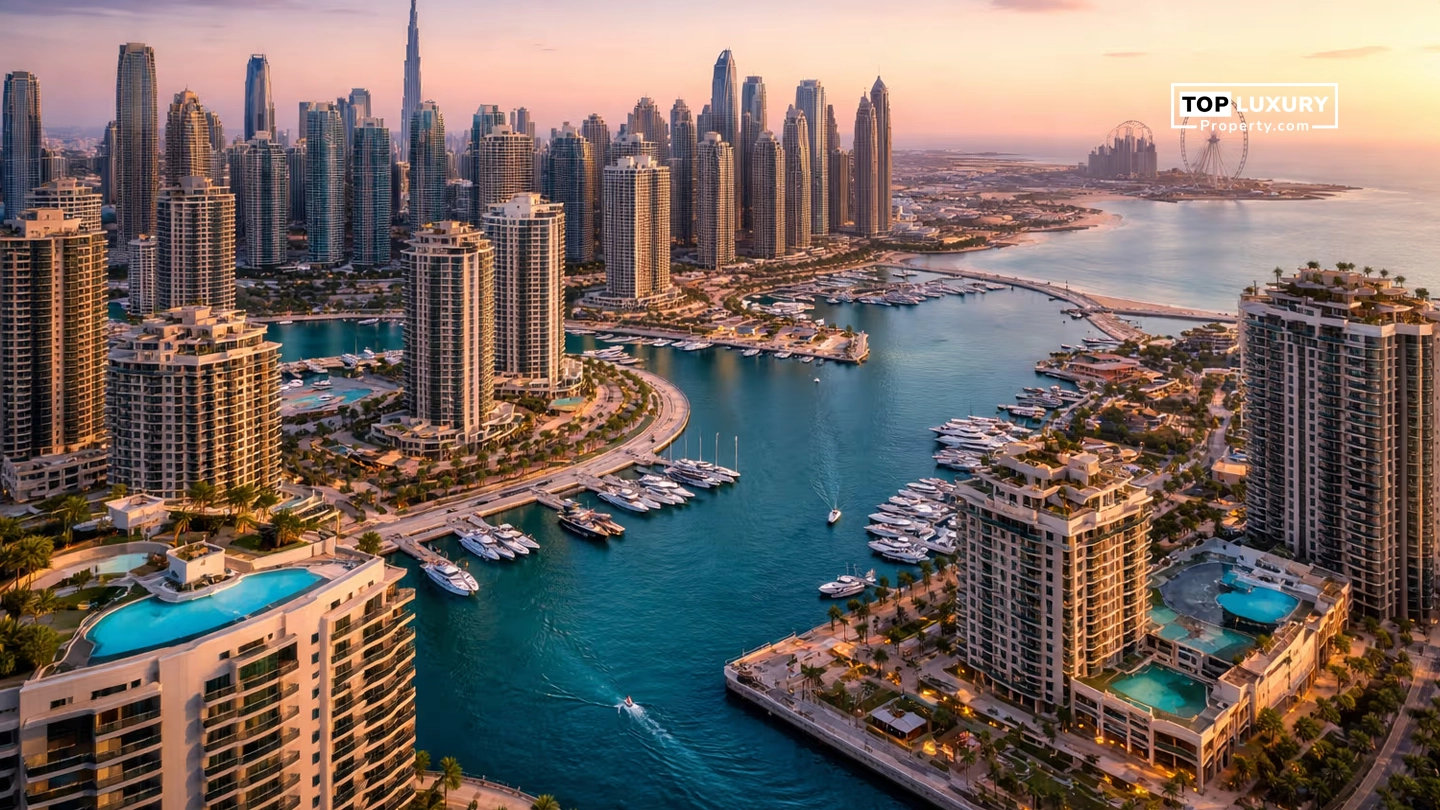Saudi Arabia’s White Land Law Amendments
Saudi Arabia is changing its property rules, and if you’re an investor, developer, or future homeowner, this affects you directly. With new land tax laws starting in August 2025, the country is making a big move to increase the housing supply and create a more stable market. This, along with new rules that welcome foreign owners, marks a major shift for the Saudi property market. Knowing about these changes will help you understand what’s next.
Overview of the White Land Tax Law Amendments
The government is adding a new tax on large, empty plots of land. Let’s take an example to understand the new tax. Suppose you own undeveloped land that is 5,000 square meters or bigger within a city, and assume that the property value is 4 million Saudi riyals.
Under this new tax law, you will now have to pay a yearly tax of up to 10 percent of the land’s value. The government is also adding a fee of 5 to 10 percent for buildings that have been empty for a long time.
So, what does this mean for you?
For years, many people held onto empty land as an investment. The new Saudi Arabia white land tax changes the game. It makes it much more expensive to let good land sit empty. The government wants to push you and other landowners to either build on your properties, sell them to someone who will, or rent them out. This should lead to a big increase in the real estate supply in Saudi Arabia and help meet the demand for homes and business spaces.
Attracting Foreign Buyers to Saudi Arabia’s Property Market
At the same time, Saudi Arabia is attracting more investors from other countries. Starting in January 2026, new rules will allow foreign buyers in Saudi Arabia to own property in certain areas, like Riyadh and Jeddah. This is part of a bigger plan to grow the economy beyond oil, which is a key part of Saudi Arabia Vision 2030. For you as an investor, this gives you a new place to put your money into property investment in Saudi Arabia.
Impact of Land Tax on Real Estate Development
The purpose of this new law is to encourage Real Estate Development in Saudi Arabia. For years the market has been tight due to lack of land. This has driven up prices and made it difficult for developers to start new Projects for sale in Saudi Arabia. The new law addresses this problem by making it costly to hoard land. To avoid these higher taxes many landowners are looking for alternatives. You will see a landowner considering a joint venture, starting phased development plans or selling off parts of their large portfolio.
Conversations with real estate and tax advisors show a big increase in inquiries. This is a good sign that the law has what it takes to “trigger” a big change in the market. So, this new tax is a reason to act. Experts think these changes will speed up real estate projects in Saudi Arabia. As Nils Vanhassel of DLA Piper Middle East explains, the reforms “make it significantly more costly for owners to hold assets without putting them to productive use.” He believes this will “push many landowners to develop, sell, or lease their properties,” which should help balance supply and demand and make housing more affordable.
The numbers show this could have a big impact. By mid-2025, the government has found over 5,500 empty plots totaling 411 million square meters in Riyadh, Jeddah, Makkah, and Dammam that fall under the tax. If you’re a developer, this could mean more chances to buy land for new projects. According to Rahul Bansal from Savills Middle East, while the full effect will take time, the tax could get developers who were waiting to start building again.
Big companies are already moving in, like the Trump Organisation, which has started a 2 billion riyal ($533 million) project in the kingdom. More available properties should help with rising home prices, especially in cities like Riyadh, where apartment prices have gone up 82 percent since 2019.
Faisal Durrani of Knight Frank notes that unlocking more land should “translate into homes that are within the affordability limits of most Saudi nationals,” adding that two-thirds of Saudis are looking to spend a maximum of 1.5 million riyals on a home.
| Aspect | Pre-Amendments | Post-Amendments (Expected) |
|---|---|---|
| Annual Levy | 2.5% | Up to 10% |
| Targeted Land | Undeveloped “white land” | Plots > 5,000 sqm |
| Market Condition | Tight land supply, high prices | Increased land supply, potential for lower prices |
| Landowner Action | Hoarding land | Joint ventures, development, sales |
Saudi Arabia’s Vision for a Strong Property Market
These changes are a key part of Saudi Arabia’s Vision 2030 plan to build a strong economy with many industries. One main goal is to help more Saudi citizens own their homes, aiming for 70 percent by 2030. The country is already on its way, with nearly 64 percent of citizens owning homes at the end of 2023.
The market is already showing strong momentum. During 2024, the total value of real estate deals grew by 27 percent to 267.8 billion riyals. The land tax and new rules for foreign buyers are meant to create a better and more stable property market. By stopping people from buying and holding land without developing it, you can expect a market with steadier growth. This makes it a safer place for your long-term investments.
Takeaways
If you are involved in the Saudi property market, big changes are here. This is what you should remember:
- The Land Tax is a Game Changer: If you own empty land, you’ll need a new plan. It now costs more to hold onto it, so there’s a strong reason to build or sell.
- More Properties Are Coming: The push to build will bring more homes and commercial buildings to the market, which could help keep prices stable.
- New Chances for Foreign Investors: From 2026, you’ll have new ways to invest in Saudi property, which adds something new to the market.
- It’s All Part of Vision 2030: These changes are part of a long-term plan to build a strong and modern economy.







